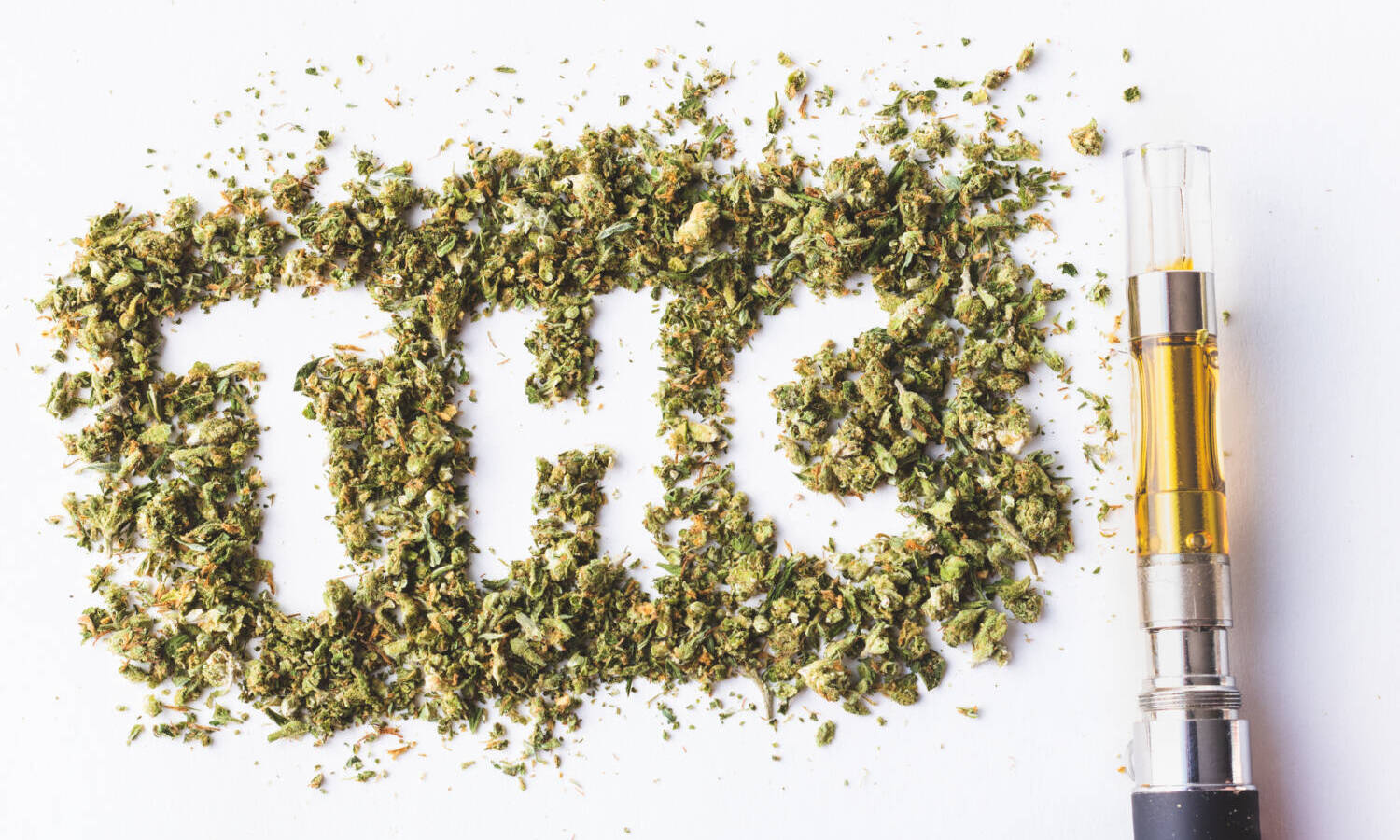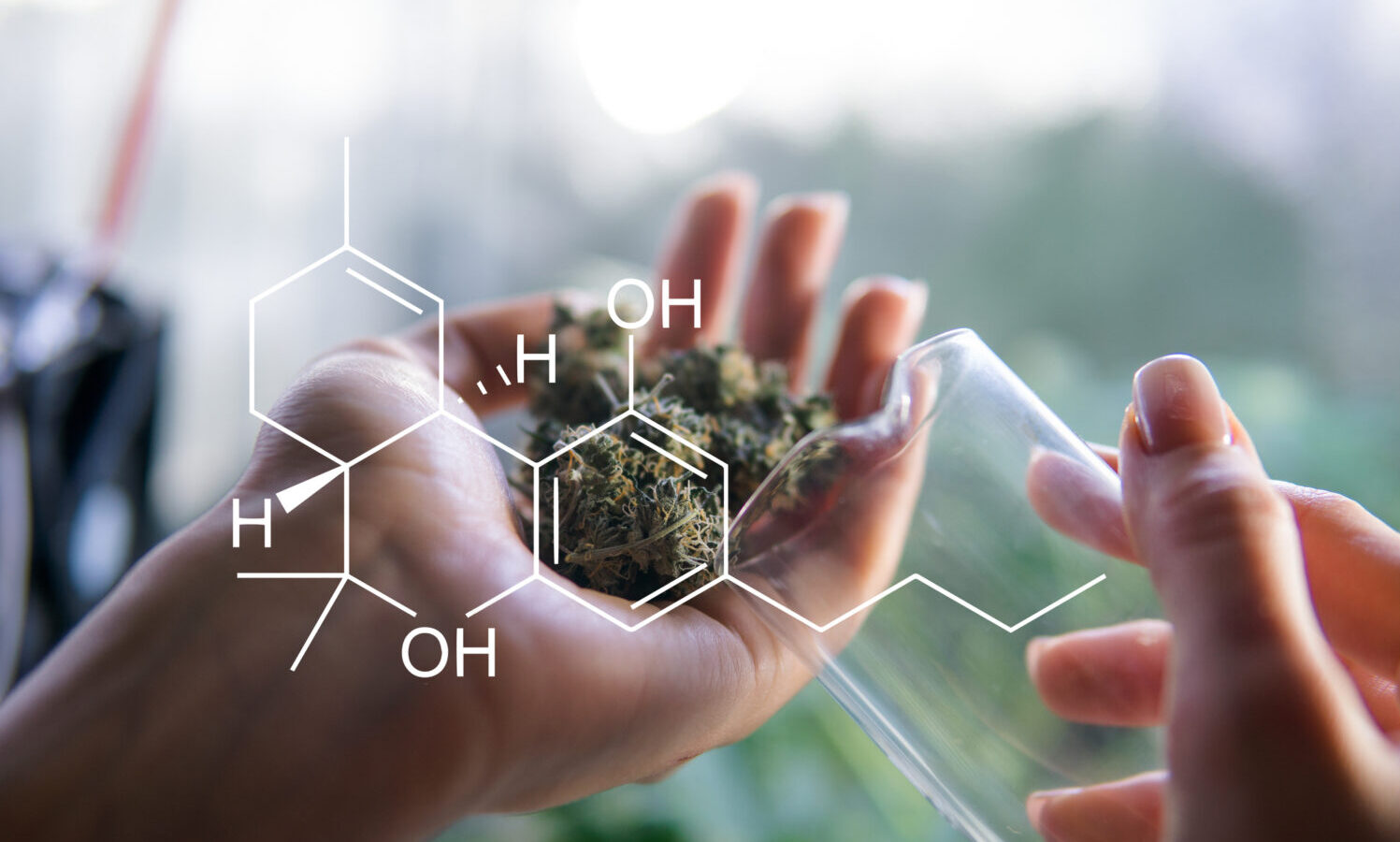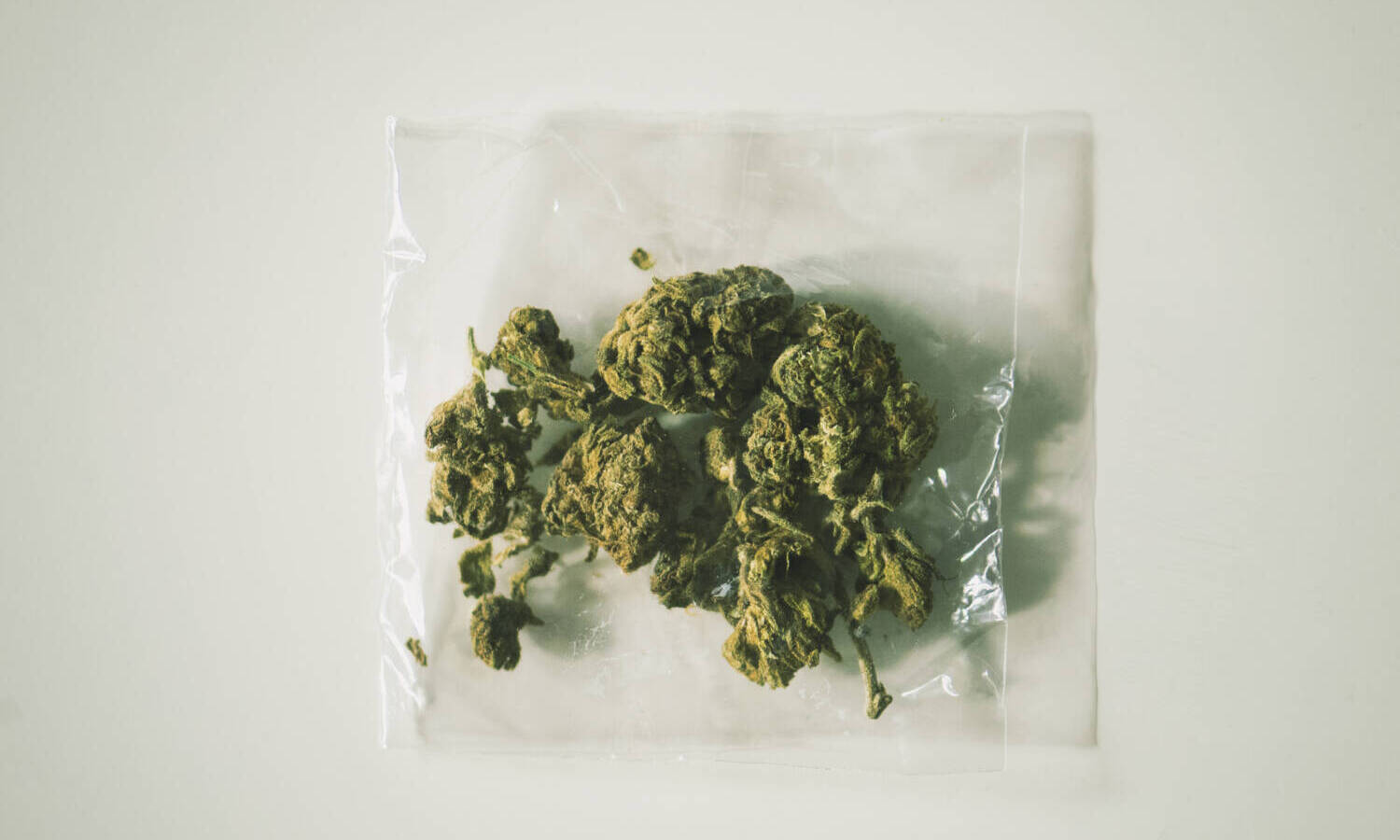These cannabinoids are intoxicating, and the somewhat questionable regulatory standards surrounding them can result in inconsistent potency.
You may have heard of them, but what are they — and are they really any different from one another? We are here to avoid the confusion and help understand the cannabinoids Delta-8, 9, and 10 THC.
When we talk about cannabis, the THC that is typically referred to is delta-9 THC. Delta-9 THC is the tried and true classic, most often responsible for the high that people associate with cannabis. Where things start to get complicated is when we talk about delta-8, delta-10, and other cannabinoids (the chemical compounds in cannabis that are responsible for its effects).
To understand the difference we can look to the 2018 Farm Bill, which separated hemp from cannabis. The big distinction between the two is that hemp specifically has under 0.3% delta-9 THC (on a dry weight basis). However, as we all quickly found out, delta-9 THC is not the only intoxicating cannabinoid. Using federally legal hemp, operators have been able to convert CBD to delta-8 THC, delta-10 THC, and other intoxicating cannabinoids (usually through a chemical process called isomerization).

Delta-8 and delta-10 THC have slight differences in their chemical structure as compared to delta-9 THC. By using hemp and keeping delta-9 THC concentration below 0.3%, people have created THC isomers that are technically federally legal.
As far as their effects, delta-8 and delta-10 THC are generally considered to be similar but slightly less potent than delta-9 THC. Still, these cannabinoids are intoxicating, and the somewhat questionable regulatory standards surrounding them can result in inconsistent potency.
RELATED: What’s The Difference Between Delta-9 And Delta-10 THC?
While these are some of the most common, they are not the only intoxicating cannabinoids out there. Others, such as THC-P and HHC, are created through similar chemical processes as delta-8 and delta-10 THC. THC-P and HHC are also intoxicating, with some even claiming THC-P is more potent than the standard delta-9 THC due to more effective binding to your endocannabinoid receptors.
While there are a wide array of intoxicating cannabinoids to choose from, with more to come, customers should still be cautious in their use. Since most of these products are developed without many restrictions or testing requirements, some can be quite harmful.
RELATED: What Is THC-O And Why Is This Psychedelic Cannabinoid 3x Stronger Than THC?

A similar chemical compound known as THC-O (acetate) has been used for its intoxicating effects, but we now know that heating THC-O can form ketene, a compound that is quite toxic to your lungs. The DEA also recently took the position that most forms of THC-O are not actually found hemp (despite the ability to convert CBD to THC-O), making THC-O as federally illegal as your standard delta-9 THC rich cannabis.
While many of these cannabinoids can be legal federally, that does not mean they are necessarily legal in your state. Additionally, with a 2023 version of the Farm Bill coming this year, the hemp-derived cannabinoid industry could see a significant shake-up.


